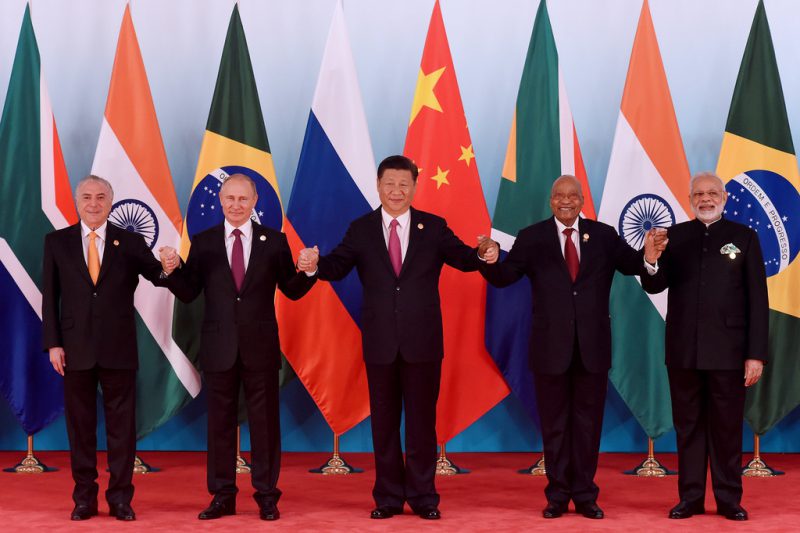Leading global investment bank Morgan Stanley came in favor of the U.S. dollar against the ‘BRICS currency’ onslaught. The support comes after the BRICS alliance openly issued a challenge to uproot the U.S. dollar as the world’s reserve currency. The bloc of nine countries is aiming to push local currencies ahead of the USD to settle cross-border transactions.
Also Read: BRICS Ditches US Dollar, Settles $4 Billion Trade in Local Currencies
Read here to know how many sectors in the U.S. will be affected if BRICS ditches the dollar for trade. However, Morgan Stanley came in support of the U.S. dollar stating that leading local currencies cannot replace the USD. The bank explained key reasons why the U.S. dollar will remain supreme and continue ruling the global financial sector despite threats.
Also Read: Currency: What To Expect From the U.S. Dollar This Week?
BRICS: Investment Bank Morgan Stanley Says ‘U.S. Dollar is King’


The U.S.-based investment bank Morgan Stanley said that rival currencies like the Chinese yuan and Japanese yen don’t stand a chance to replace the dollar. The bank’s strategist James Lord said in a podcast that the U.S. dollar is reliable even when the markets crash. Even during the times of a recession, the U.S. dollar delivers returns, he said while discussing the threats from BRICS.
Also Read: BRICS: 2 New Countries Agree To Ditch US Dollar
“Which currency would you want to own when global stock markets start to fall? And the global economy tends to head into recession? You want to be positioning in U.S. dollars because that has historically been the exchange rate reaction to those kinds of events,” he said. BRICS currencies stand no chance in the markets during financial turmoil and downturns, the Morgan Stanley strategist explained.
The local currencies of BRICS nations are struggling to beat the U.S. dollar in 2024 despite threatening to uproot it. “Bottom line, King dollar doesn’t really have any challengers,” said Michael Zezas, the Head of U.S. public policy research while discussing BRICS.





